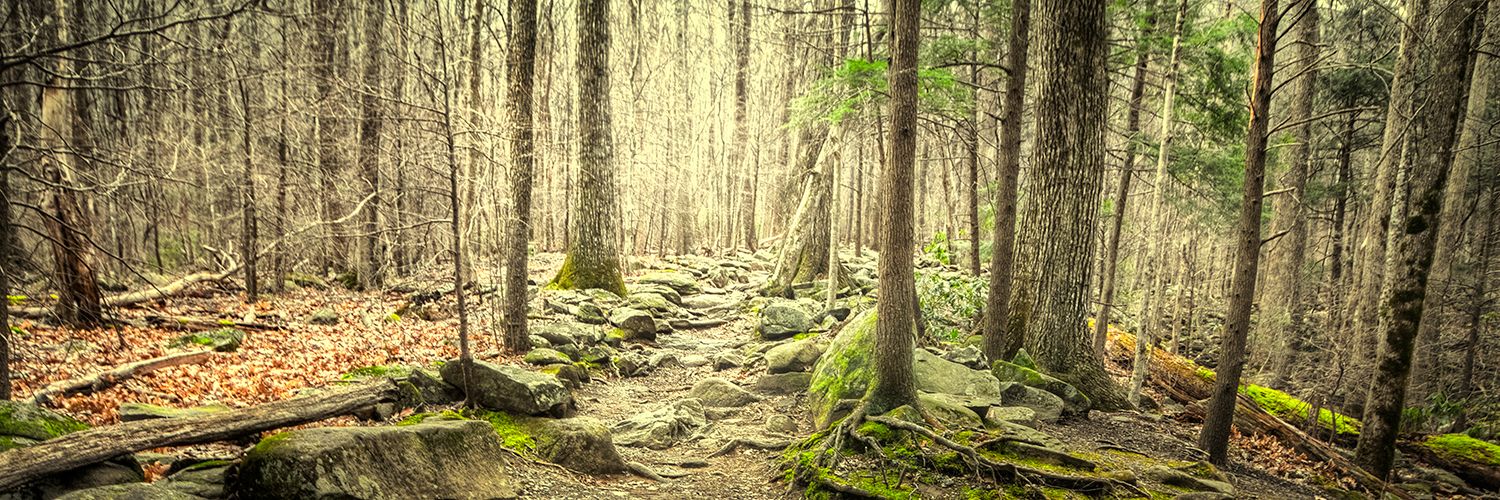Valuing All Voices: Adaptation Conference 2020
From the May 2020 newsletter, this contribution is from Olivia Corke. Olivia is a member of our Next Generation Naturalists program and she has a powerful message for youth who want get involved in environmental issues.
In February, I had the extraordinary opportunity to attend the biggest climate change conference in the country: Adaptation Canada 2020, held in downtown Vancouver, BC. As one of the only youths in attendance, I felt incredibly honoured to have been offered this opportunity through my Next Generation Naturalists group that I’ve been a part of since last spring.

Olivia Corke, pictured far left, with other Kamloops youth meeting climate psychologist Per Espen Stoknes
The morning of opening ceremonies I arrived with my group mentor, Jesse Ritcey, and two other fellow youth members, Amber Fill and Shekinah Jimenez. The main conference room revealed luxurious decor, professionals in suits, mounds of vegan snacks, and numerous well-known individuals such as Janet Austin, lieutenant governor of BC, and Per Espen Stoknes, author of “What We Think about When We Try Not to Think about Global Warming.” Yes, this all sounds fantastic; however, as a young, inexperienced naturalist I could not help but feel that my contributions would be meager compared to those around me (and maybe even fraudulent considering that meat still occasionally made it onto my plate). Regardless, I did my best to hide my trepidation.
The first day’s sessions offered a wide range of expertise, which was encouraging. I learned about topics ranging from the importance of traditional Aboriginal practices, to the incorporation of innovative, green infrastructures, to the effects of climate change on small communities. Everyone seemed to bring something different to the table like sections of a symphony contributing to a powerful performance. Though this was exciting to observe, I sometimes scrambled to comprehend the fine details concerning policies and statistics (trepidation rising).
“I became suddenly aware of how valued my opinion was as a youth.”
On the second day, however, I experienced a turning point in a workshop by Climate Guides, a Vancouver-based mentorship program that connects youth with experts in their desired environmental field. During this workshop, half the people were designated as ‘mentors’ and the other half, ‘mentees’, of which I was the latter. As I moved to each mentor discussing the given topics, I became suddenly aware of how valued my opinion was as a youth. I was relieved to see that the mentors, who were typically double my age, were intrigued and grateful when I shared my struggle that I could not connect my strengths with the opportunities for change being discussed (given that I did not yet have a university education or a career relating to climate change as most attendees had). Going forward, I allowed myself to open up and learn about potential careers and making connections. The cherry on top was when youth from the Fraser Basin Council were brought on stage to share their reflections on the conference during the closing ceremonies.
All in all, I believe that opportunities like Adaptation Canada 2020 help us to develop an awareness for everyone’s unique strengths, all of which are necessary as we move forward in conquering environmental issues. No matter one’s life circumstance, everyone has something beneficial to offer–even an everyday teen like me.
